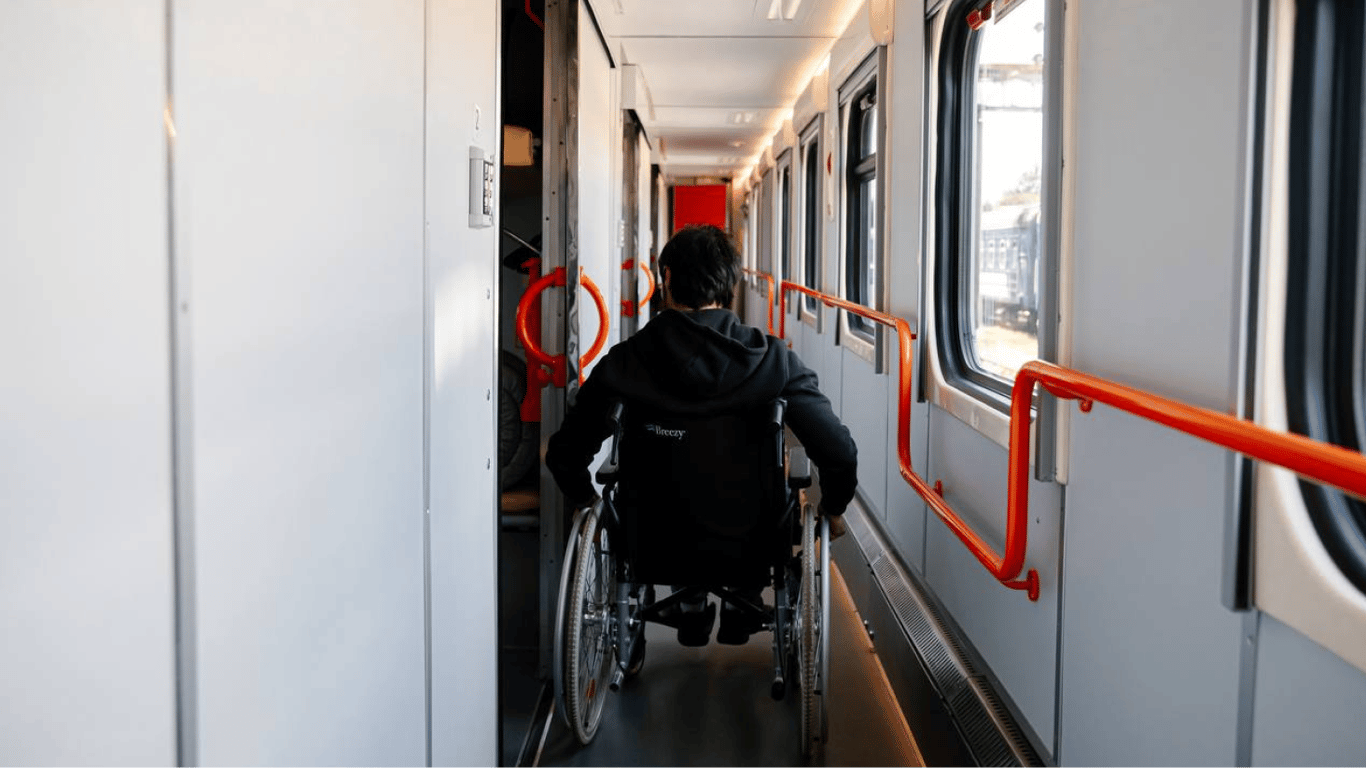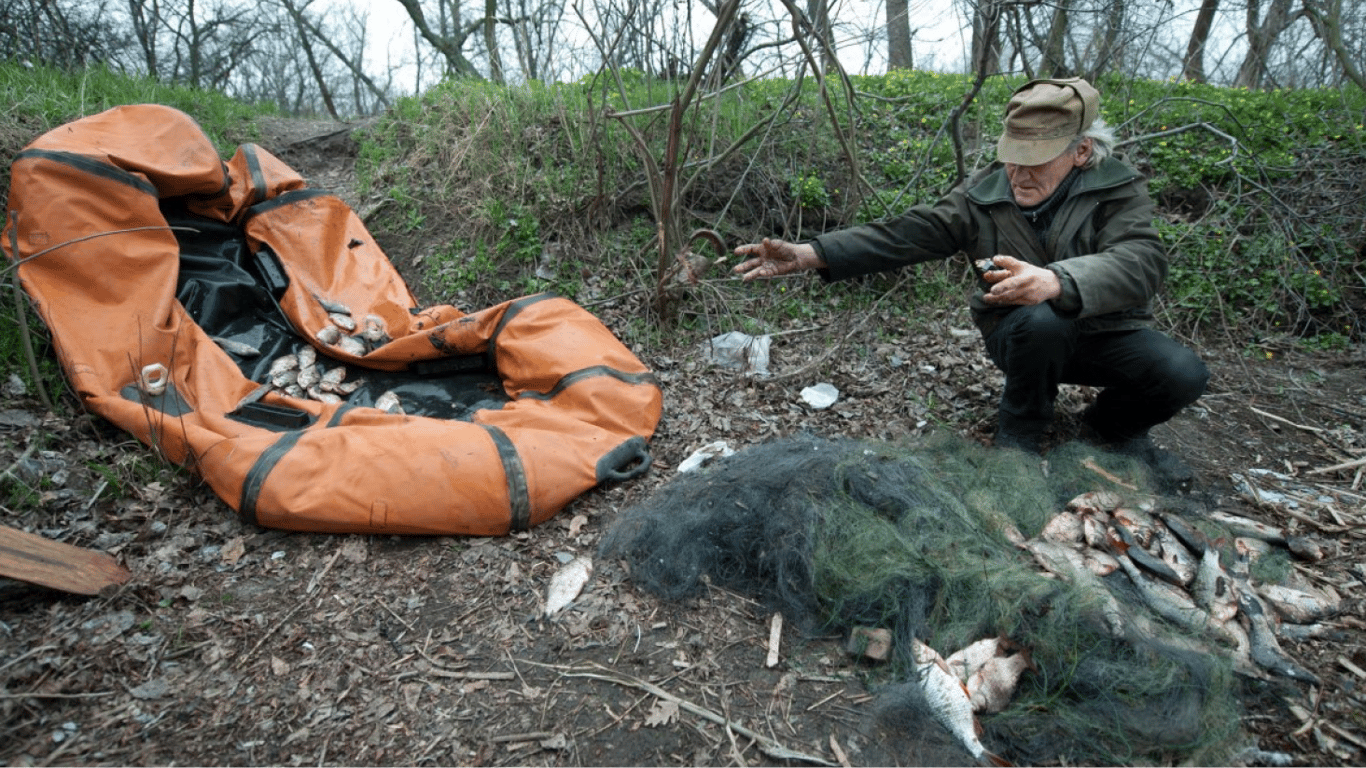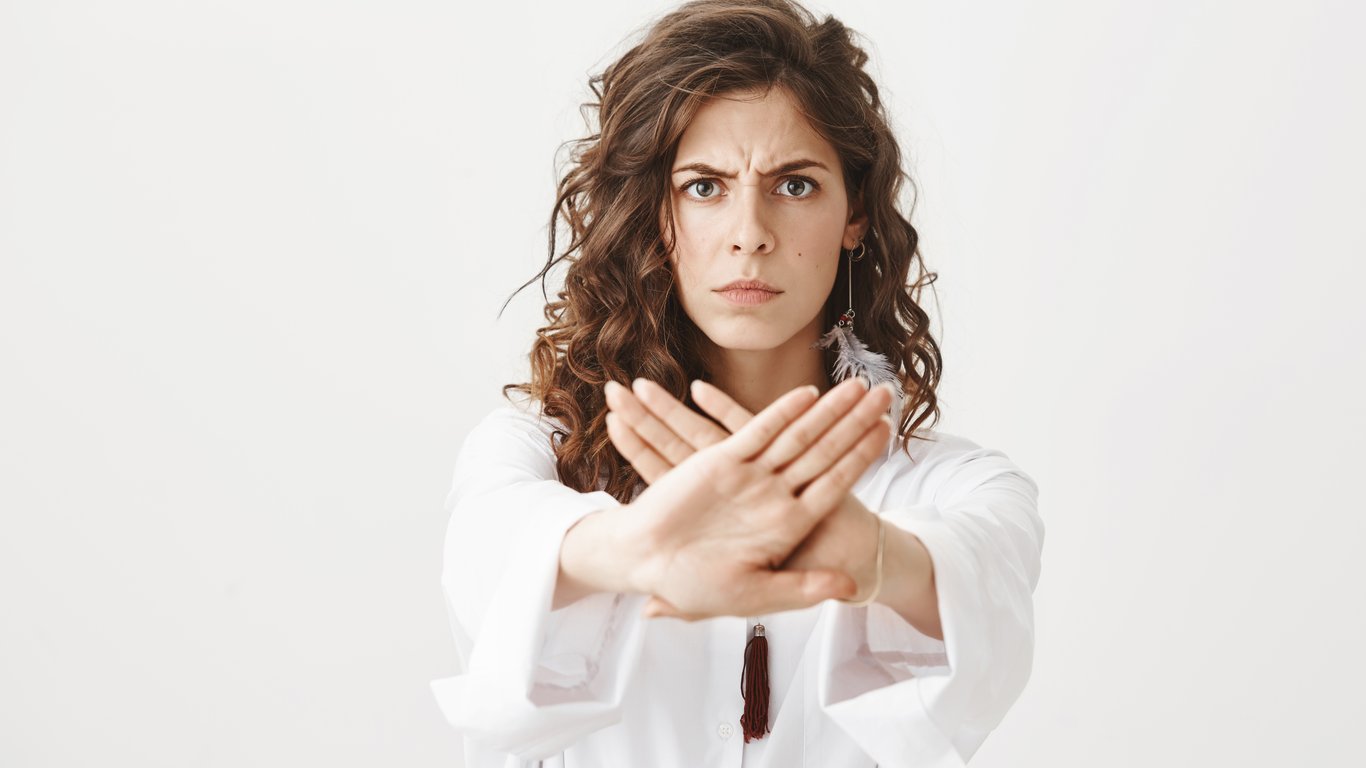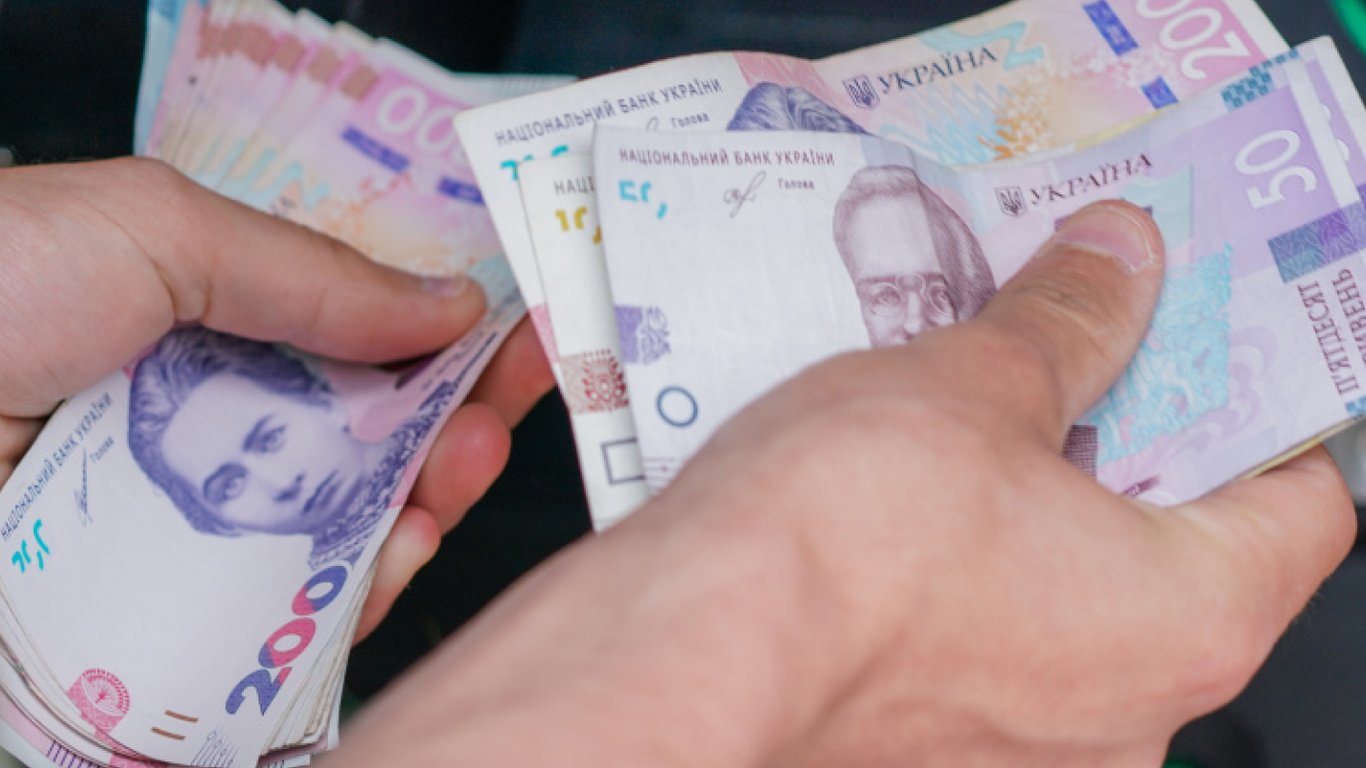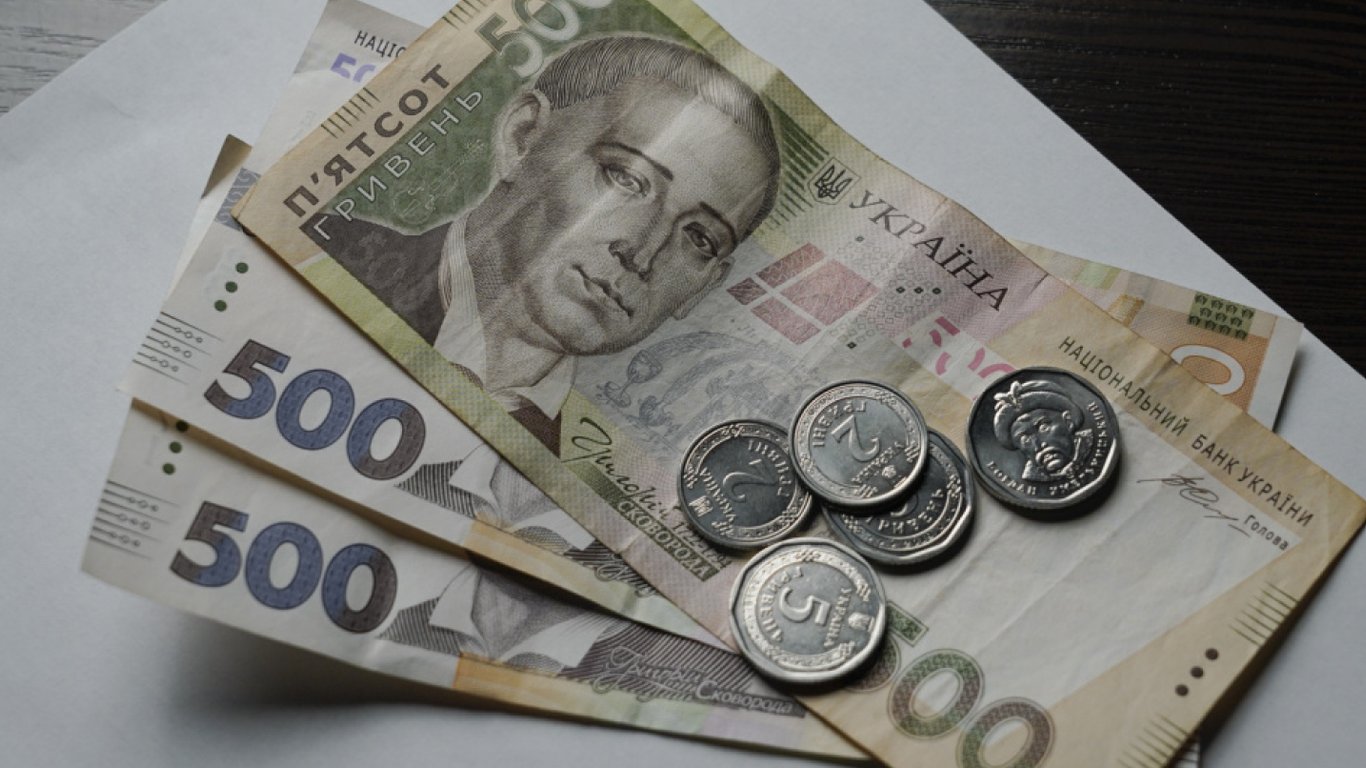Czechs consider Ukrainians better neighbors than Russians: survey results.

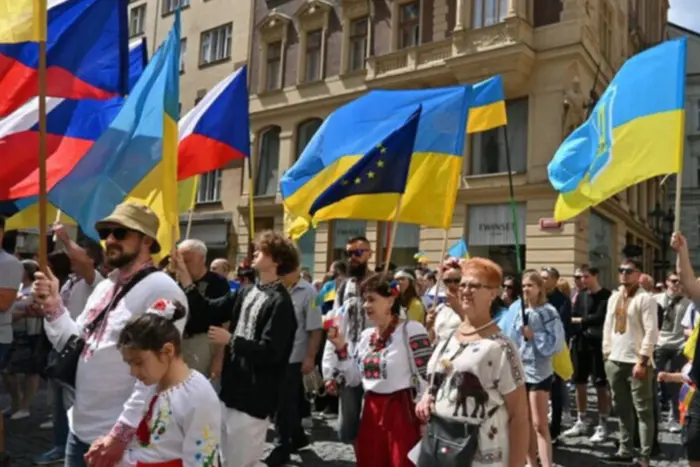
Ukrainians have become more acceptable neighbors for Czechs than Russians, according to a survey conducted by Stem agency. Before the war, many people coexisted peacefully with Russians, but this figure has decreased. On the other hand, the perception of Ukrainians as neighbors among Czechs has increased, indicating changes in public perception due to the conflict in Eastern Ukraine.
The survey also showed that Czechs have the closest relations with Slovaks, which can be explained by the historical development and proximity of these two nations. Czechs also have a positive attitude towards citizens of England, America, France, Germany, Croatia, Israel, and Vietnam. On the other hand, negative attitudes among Czechs are directed towards those with roots in the Middle East, such as Afghans, Syrians, or Arabs. Citizens of Roma descent also often face restrictions.
The respondents also expressed their opinions on human rights and citizenship in the Czech Republic. Most respondents believe that every person living in the Czech Republic should have the right to obtain citizenship and live according to their traditions and customs. However, fewer than two-thirds of respondents believe that foreign citizens pose a security risk.
Conclusion
Thus, the survey showed that Czech attitudes towards neighbors are evolving under the influence of global events. Ukrainians have become more acceptable neighbors, while society has a negative attitude towards citizens from the Middle East and Roma. Most respondents support human rights and citizenship in the Czech Republic.
This survey indicates the importance of understanding and tolerance between nations, as well as the need to change stereotypes and the awareness that every person has the right to respect and a decent life, regardless of their nationality or ethnic origin.
Read also
- The first inclusive train carriage of Ukrzaliznytsia has appeared in Ukraine
- Catch or Freedom — What Violations Can Lead Fishermen to Prison
- Unwanted attention - what penalty threatens for sexual harassment
- Assistance of 10.8 thousand UAH — who among Ukrainians is eligible for payments
- 19-year-old resident of Lviv attempted to escape Ukraine 13 times
- The Right to Benefits — What Has Changed for Chernobyl Victims in 2025
